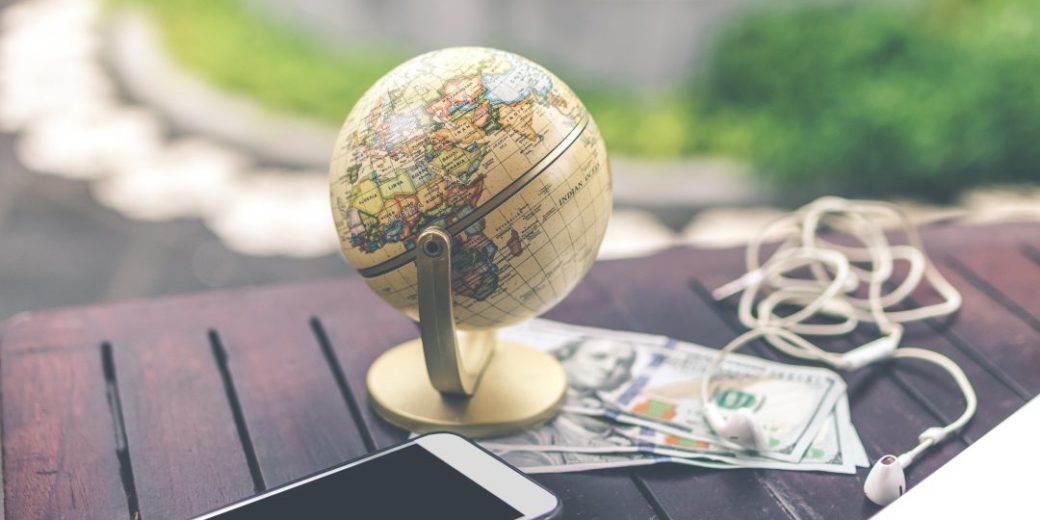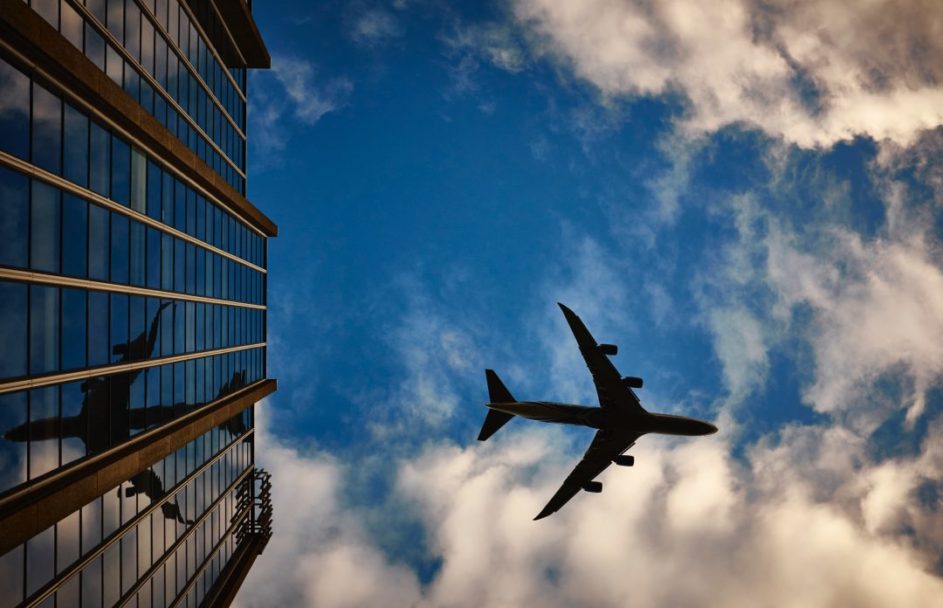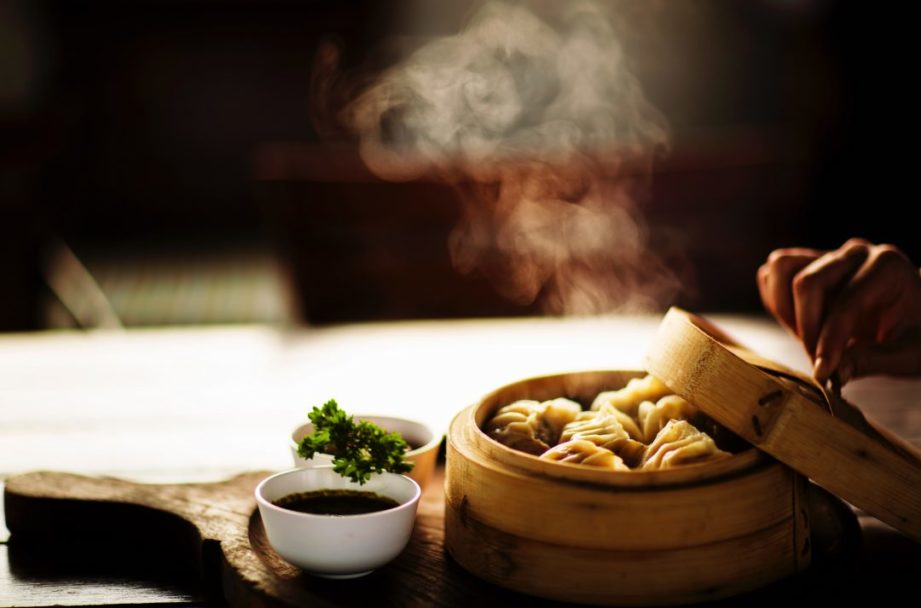Your Monthly Budget Guide in China for a Corporate Internship Program (CIP)| 8 min read

Interning in China but not too sure how much to budget for your daily expenses?
The good news is that your money can go a long way in China but this also depends on your personal lifestyle and spending habits. Let’s divide your budget into two categories; 1.) What to save up for prior to arriving in China and 2.) Your monthly budget guide during your time in China.
What to save up for prior to arriving in China:
1. Flights
2. Insurance
3. Visa fees
4. Immunisations
5. Any travel plans you might want to make
Your Monthly Budget Guide during your time in China:
1. Groceries
2. Transport
3. Dining Out
4. Entertainment
5. Essentials
6. Travel/Shopping
Prior to Arriving in China
Flights
Our programs don’t cover flights to and from your home country so this is something you will need to take into consideration. Of course, purchasing your flight weeks or even months in advance can really help you save.
According to CheapAir, the best time to buy a flight to Asia is 120 days in advance! If you’re arriving in China during the weekends or holidays, allow yourself buffer room during these peak travel times. Here’s a The Telegraph article outlining the best flight comparison websites out there.
We highly recommend you to buy a flexible ticket or purchase insurance in case of any visa issues or an unexpected change of plans.
When you arrive in China, we will have airport pick up upon arrival and one of our ImmerQi staffs will show you the easiest and cheapest ways to get around.
Visa
Prices vary depending on where you’re from (around 140USD for US passport holders) and will take up to a week to process so it’s better to get your visa early. To check your visa rates, click here.
Insurance
With over 20 years of welcoming people like you to China, there’s very little we haven’t come across before. Therefore, we require all our participants to have health and travel insurance for the duration of their time in China. During this process, we can provide you with advice on suitable policies. Insurance will approximately be 500RMB per month.
Immunisations
We recommend you visit your doctor or local GP 4-6 weeks prior to arriving in China to get any vaccines or medicines you may need. Costs of immunisations also vary depending on where you are from.
Of course, you should be up to date on routine vaccinations such as chickenpox, your yearly flu shot, etc. There are also additional shots you should consider getting in case you come across contaminated food or water,, especially if you are visiting rural parts of China.
Centers for Disease Control and Prevention (CDC) and World Health Organization (WHO) also recommends getting the following vaccines for China:
- Typhoid
- Hepatitis A
- Hepatitis B
- Rabies
- Japanese encephalitis
- Polio
- Influenza
Your Monthly Budget Guide
According to Budget Your Trip, the average daily price for budget travelling in China is approximately 179RMB (26USD). To give you a guide on where you will be spending your money, we have divided your finances into 5 main categories. Keep in mind that all figures below are just estimations.
1. Groceries – 500RMB/month
If you’re thinking about dining out every day, then your living expenses won’t be cheap at all. Rather, it would be wise to do a weekly or bi-weekly grocery shop and stock up on the essentials like bread, cereal, milk, fruit, etc.
Here’s a blog post comparing the cost of items in RMB in China and the cost in RMB in the US.
For convenience, you can even opt for home delivery options. With a click of a mouse, you can find an array of online grocery stores and supermarkets that will deliver your grocery list right to your doorstep. Some grocery sites include Smart Direct, City Shop, Carrefour, Feidan and My Local Store.
2. Transport – 300RMB/month
Compared to Western countries, public transport in Beijing and Shanghai is quite affordable so you won’t need to spend too much on getting around. A subway trip across the city is only 3RMB and taxis starting price ranges from 10RMB – 14RMB.
3. Dining Out – 800RMB/month
Dining out in China can either be really cheap or really expensive, depending on what cuisine you go for.
A Chinese style breakfast of steamed buns, rice porridge or dough sticks starts only at around 8RMB. But if you opt for a Western breakfast of bread and milk from a Western bakery, then it will start at 10RMB. A cup of coffee (e.g. Costa Coffee, Starbucks) ranges from 30RMB-40RMB.
For lunch or dinner, a bowl of noodles or wonton can easily be under 35RMB. Hotpot averages at 30-80RMB per person. But a meal at a Western restaurant starts at 100RMB per person.
The price of your meal also depends on where you are. Food and beverages at tourist-y places such as The Bund or Sanlitun can definitely be over the top.
Also, keep in mind that the price of fast food chains such as KFC and McDonald’s is similar to the rest fo the world. A meal combo is usually around 40RMB (6.5USD).

4. Entertainment – 800RMB/month
This is one area that can get expensive, especially in first tier cities.
Entertainment can include activities watching a movie, enjoying Chinese opera, amusement parks, etc. Local beers or rice wine can be pretty cheap but if you prefer Western brands then it can get dear.
5. Essentials – 100RMB/month
Essentials can range from anything from toiletries, deodorant, first aid kit, etc. You won’t need to spend too much here, especially if you purchase these items from Chinese supermarkets or bring a supply from home. Some shops to pick up any essentials include Watsons or Miniso.
6. Travel Plans/Shopping – 1000RMB/month
If you’re wanting to travel around China on a budget, then it’s best to get off the tourist route and take trains rather than planes.
Train tickets can be up to 75% cheaper than an airplane to the same destination! And, if you travel on an overnight train you save the cost of booking a hotel. Similar to airline tickets, you can book China train tickets online as well. To purchase flight/train tickets, make hotel bookings or even rent a car, check out ctrip.
We know you will be busy during the week interning, teaching, au pairing or studying, but don’t worry – there are many weekend trips out there. If you want more time to explore China or Asia in general, keep in mind you can always travel after your program ends.
As for shopping, how much you spend on shopping obviously depends on you. Keep in mind Western fashion brands such as ZARA, Sephora and H&M cost similar to the prices back at home.
So even though it is relatively cheap to survive in China, we can’t stress enough that it does depend on your personal spending habits and how well you budget during your trip. A corporate internship will be an experience of a lifetime, as long as you have careful planning and make all the necessary preparations.







